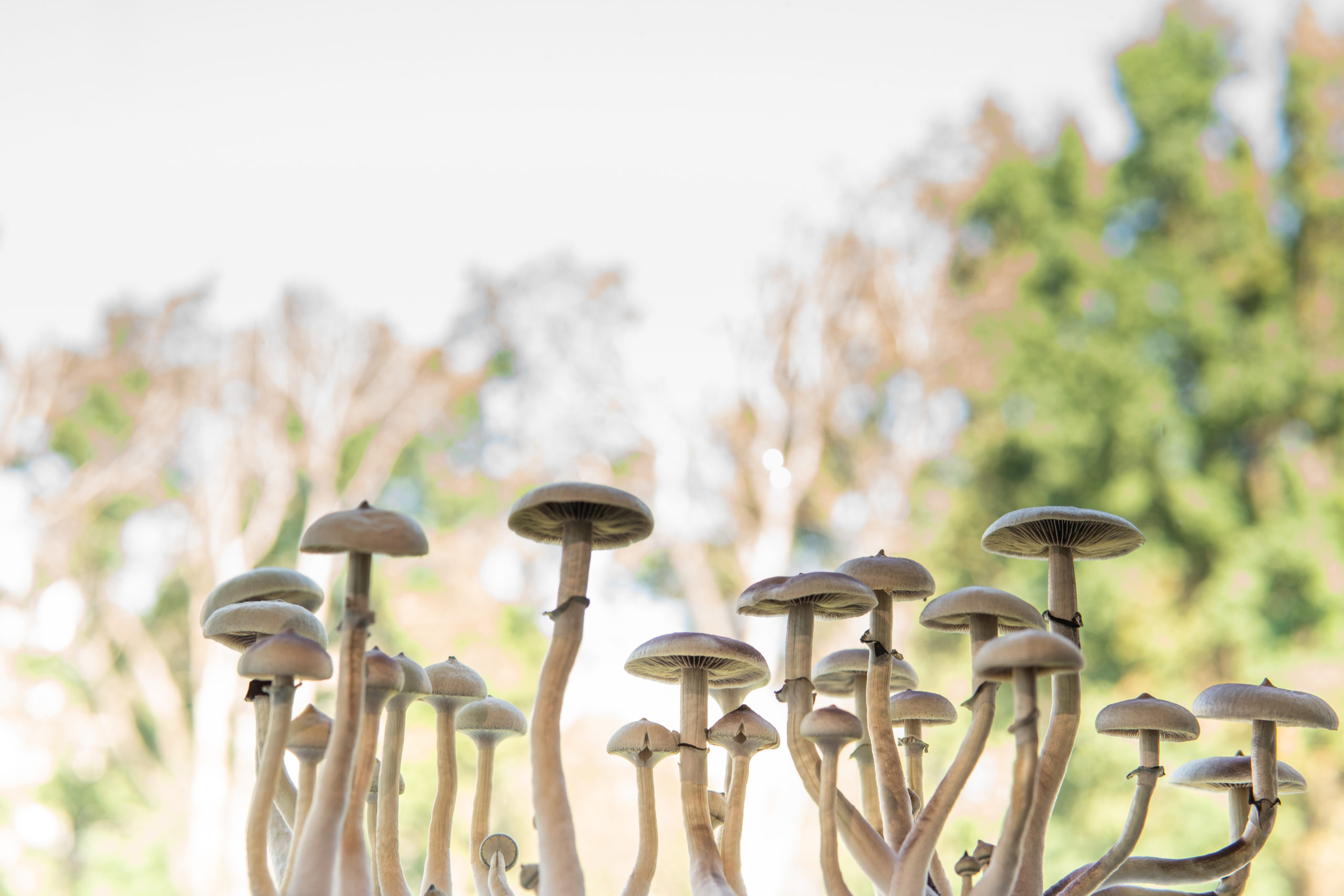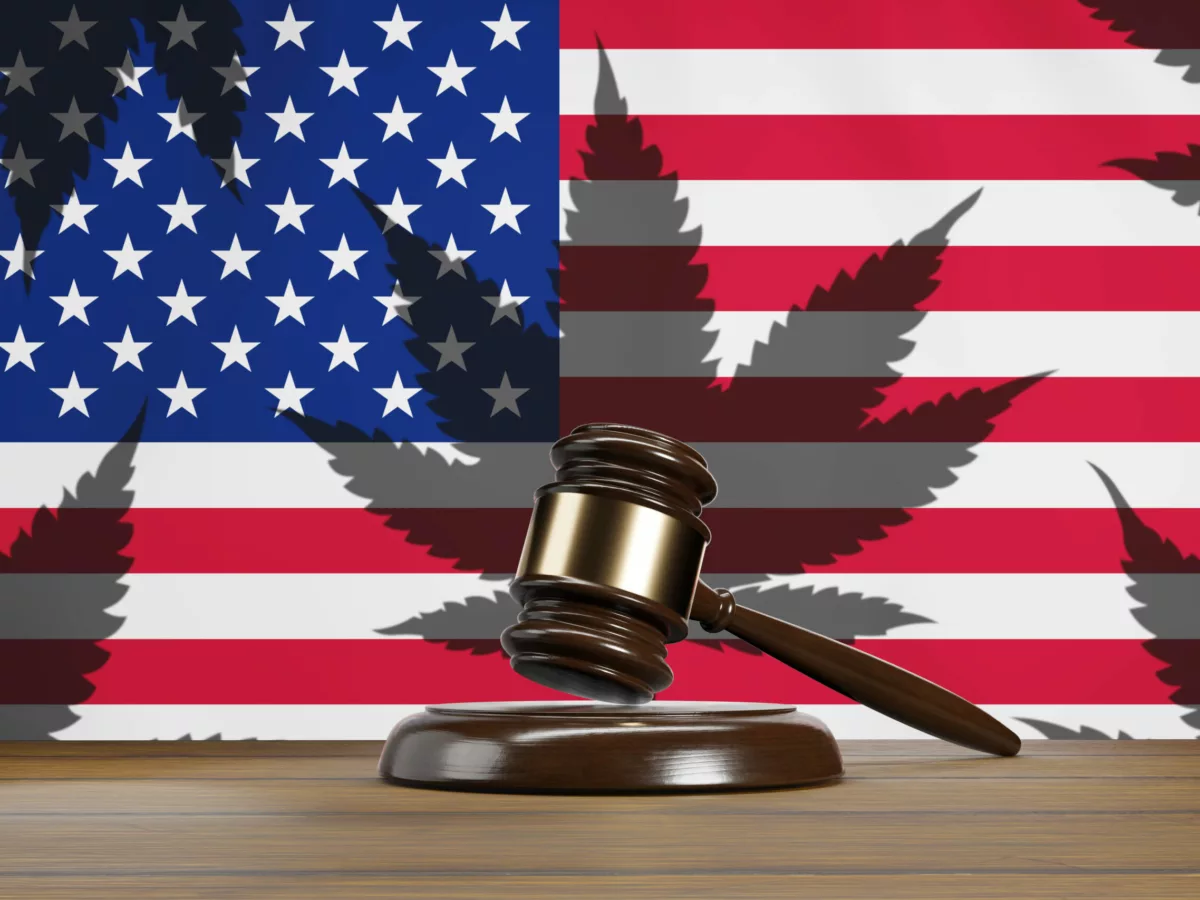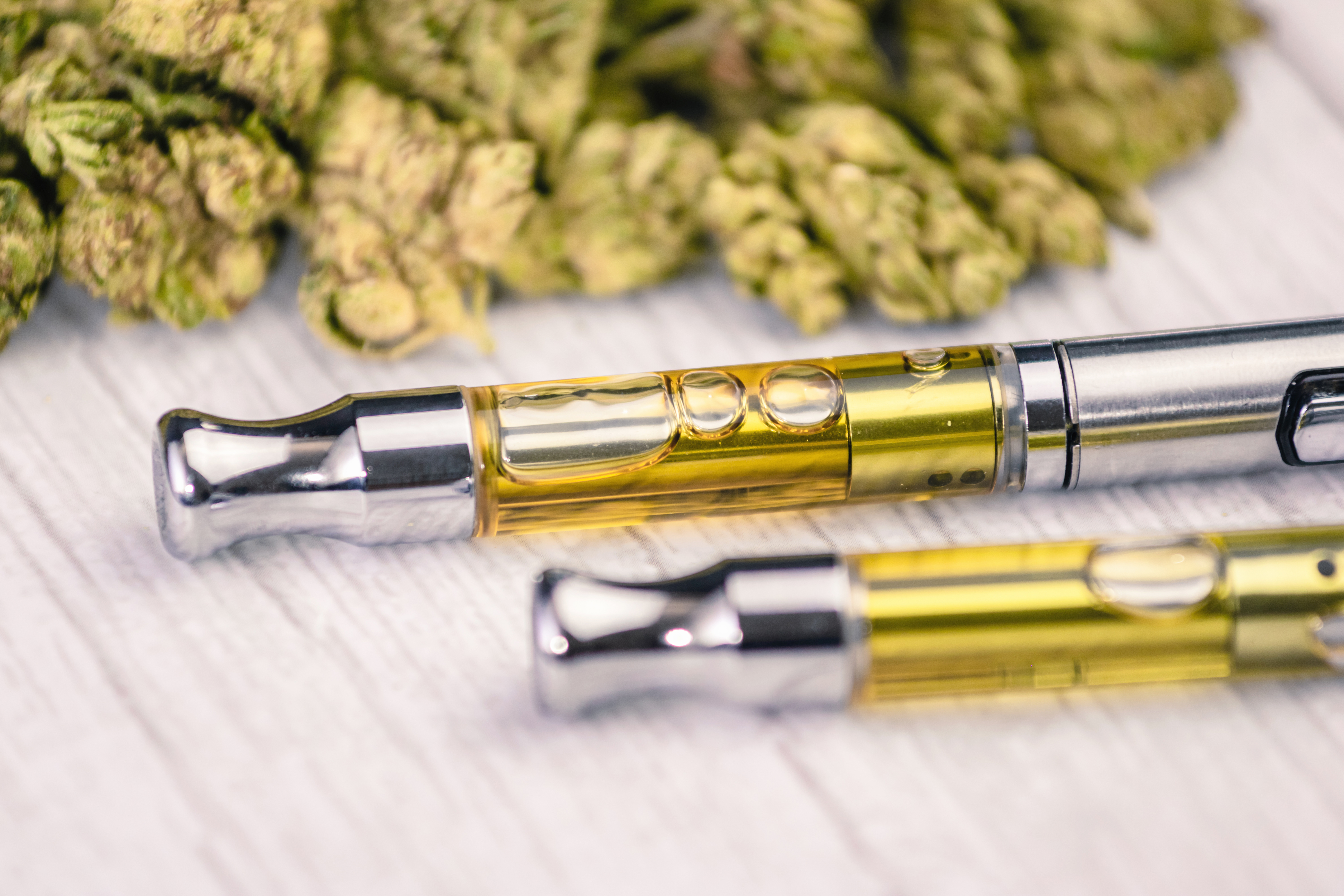District voters took a big leap forward on the drug-liberalization front last year with the overwhelming passage of Initiative 81. The ballot initiative directed D.C. Police to cut back on the enforcement of laws that criminalize the planting, growing, distributing and buying of plant-based psychedelics, and for prosecutors to cease charging residents for such activities.
The resulting legislation that took effect on March 16, 2021 — followed by an April executive order from D.C. Police Chief Robert Contee — officially made plant-based psychedelics “among the lowest law enforcement priorities” for the Metropolitan Police Department, albeit without fully legalizing them. Meanwhile, advocates say they’re working with MPD on guidelines for how officers should respond if they encounter people possessing or under the influence of psychedelics, but those have yet to be released to the public.
At an Oct. 28 talk hosted by The Psilo, a new psychedelics-focused art gallery and events space in Capitol Hill, local attorney Dan Peterson tackled the not-quite-settled question around plant-based psychedelics: “How legal are they now, really?”
Peterson explained the legal context surrounding drugs categorized as “entheogenic plants and fungi. That includes psilocybin (magic mushrooms), ibogaine, dimethyltryptamine (DMT), mescaline, psilocybin and psilocin. Under D.C. code, all of the above are still defined as controlled substances –– a “material compound, mixture or preparation which contains any of the following hallucinogenic substances, its salts, isomers or salts of isomers.”
Even so, official moves to deprioritize enforcement of psychedelic drug offenses in D.C. were “a real turning point in not just the law, but in the culture of how we approach all of this,” Peterson said. “And culture and law, they have a symbiotic relationship.”
Peterson, who started participating in plant-based psychedelic ceremonies in 2014 to address a lifelong struggle with depression, noted the District had an existing psychedelic community before these policy changes. He added that law enforcement in both the District and across the country — as evidenced by annual DEA reports — have shown relatively little interest in psychedelics anyway.
But the “major effect” of I-81, advocated by the Decriminalize Nature D.C. movement, “was to present it to the population, to say ‘this is what we’re already doing in a certain way. We’re doing it quietly, let’s make it official.’”
The passage of I-81 added momentum to a broader push by advocates for psychedelic drug policy reform across the District. Melissa Lavasani, the lead organizer behind Decriminalize Nature D.C., also founded the Plant Medicine Coalition, a psychedelics-focused group that last month awarded grants totaling about $50,000 for education and organizing efforts concerning plant medicine. Recipients included arts collectives and mental health organizations, among others.
“There are a lot of things that our organization is working on right now that are really long term, especially on the federal level,” Lavasani told Marijuana Moment.
A Georgetown Law graduate and founding member of the Association of Entheogenic Practitioners, Peterson offered broader legal context on protections for use of psychedelics. In his view, the freedoms outlined in the Bill of Rights — speech, assembly, exercise of religion, press — amount to “freedom of consciousness,” which encompasses the religious use of plants and fungi and substances.
Even amid setbacks, the federal government has ultimately upheld that right, he said.
In 1990, the U.S. Supreme Court affirmed an Oregon court’s ruling that a state agency could deny health benefits for two Native American state employees due to their use of peyote for religious ceremonies. Public backlash to the ruling, particularly among various religious organizations, galvanized members of Congress to pass the Religious Freedom Restoration Act (RFRA) ensuring “interests in religious freedom are protected.”
The Supreme Court in 1997 ruled its application for states was unconstitutional, but its federal protections remained in place. Citing RFRA, the Supreme Court notably upheld a ruling in 2006 in favor of the União do Vegetal, a New Mexican branch of a Brazilian church whose ayahuasca tea, used in services, had been seized by federal authorities.
Peterson said RFRA offers additional protection for religious uses of plant-based psychedelics, including for residents of the District of Columbia. Thus, combined with the recent enforcement shift for MPD and prosecutors, “we have two measures of protection against enforcement” today, despite psychedelics being considered illicit controlled substances.
The Psilo’s event featuring Peterson was the first in a four-part speaker series. Catch the lecture below, and check their website for others coming up.






